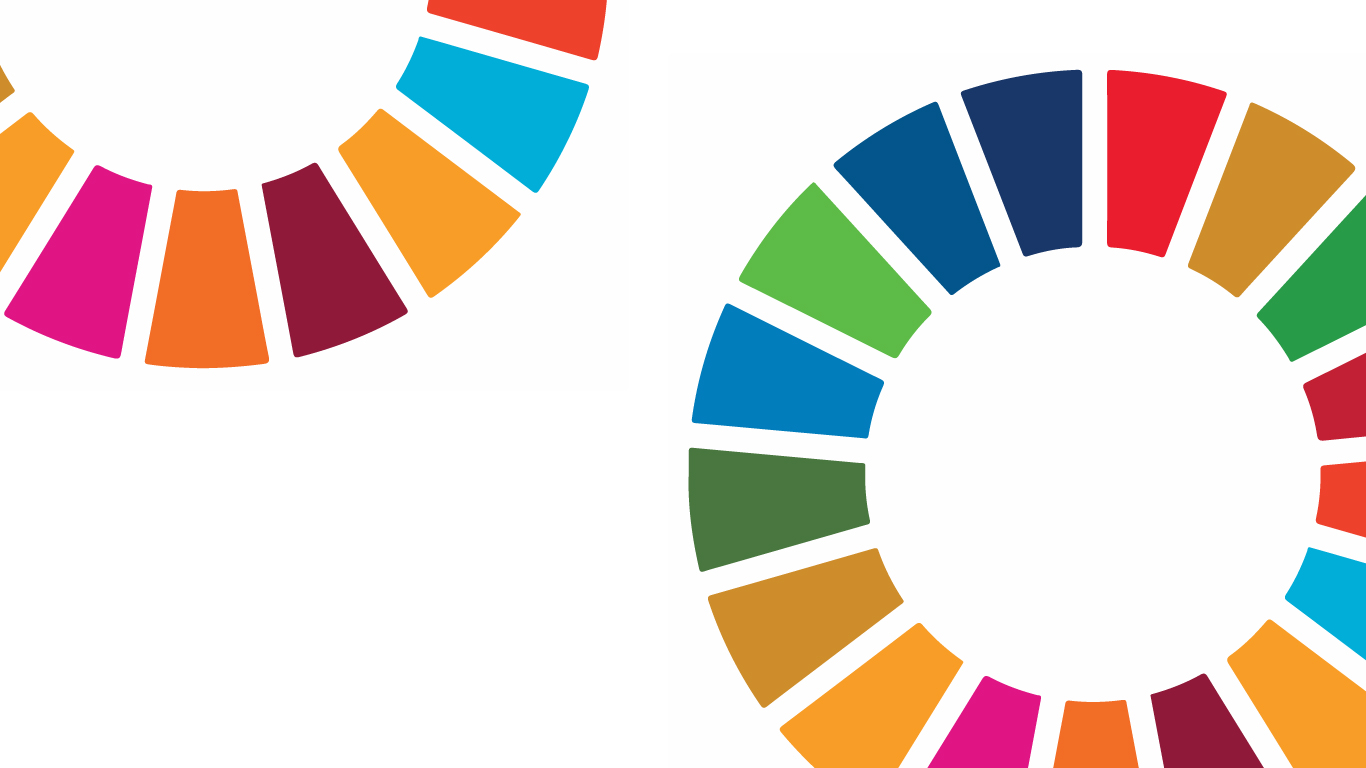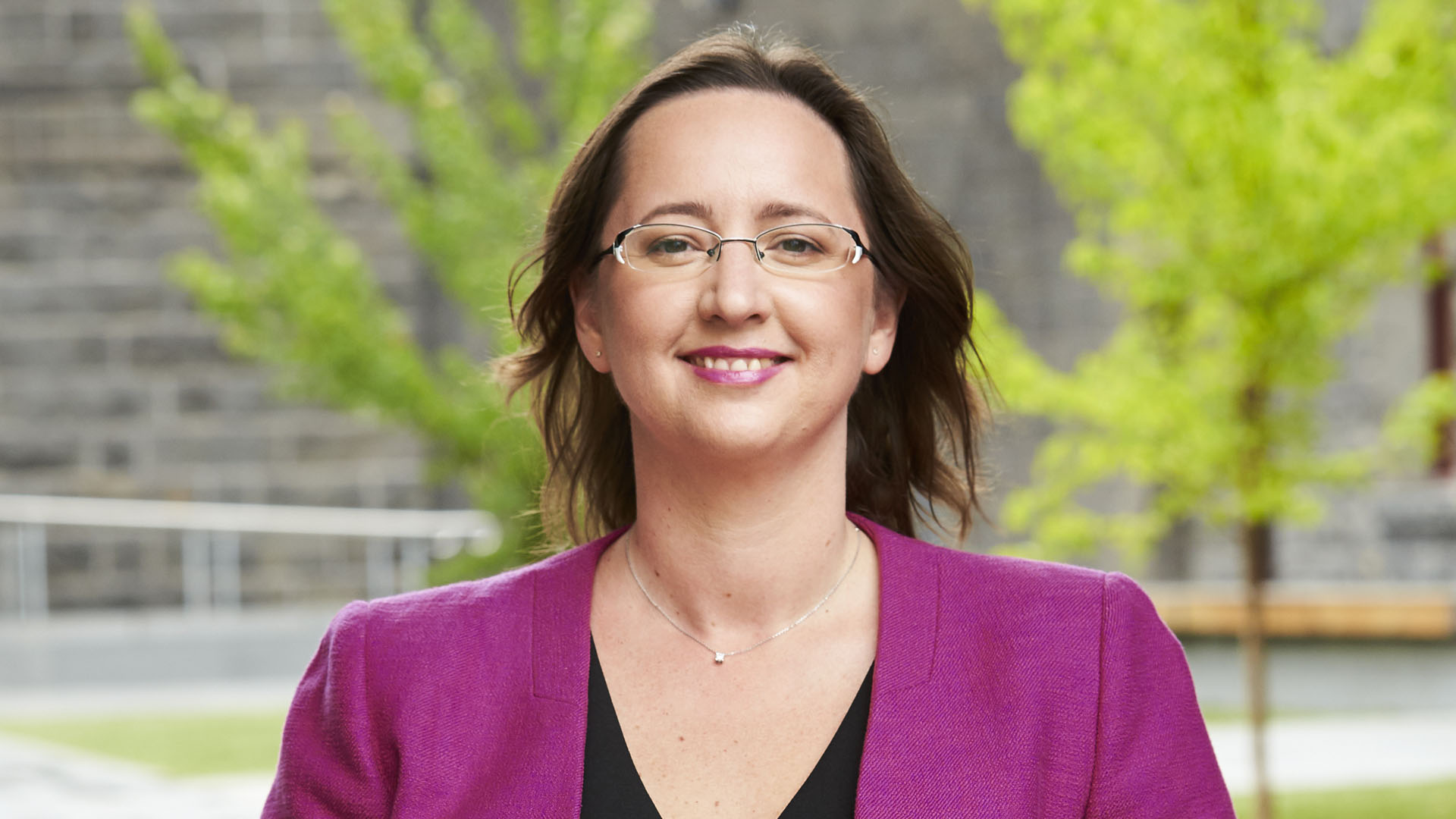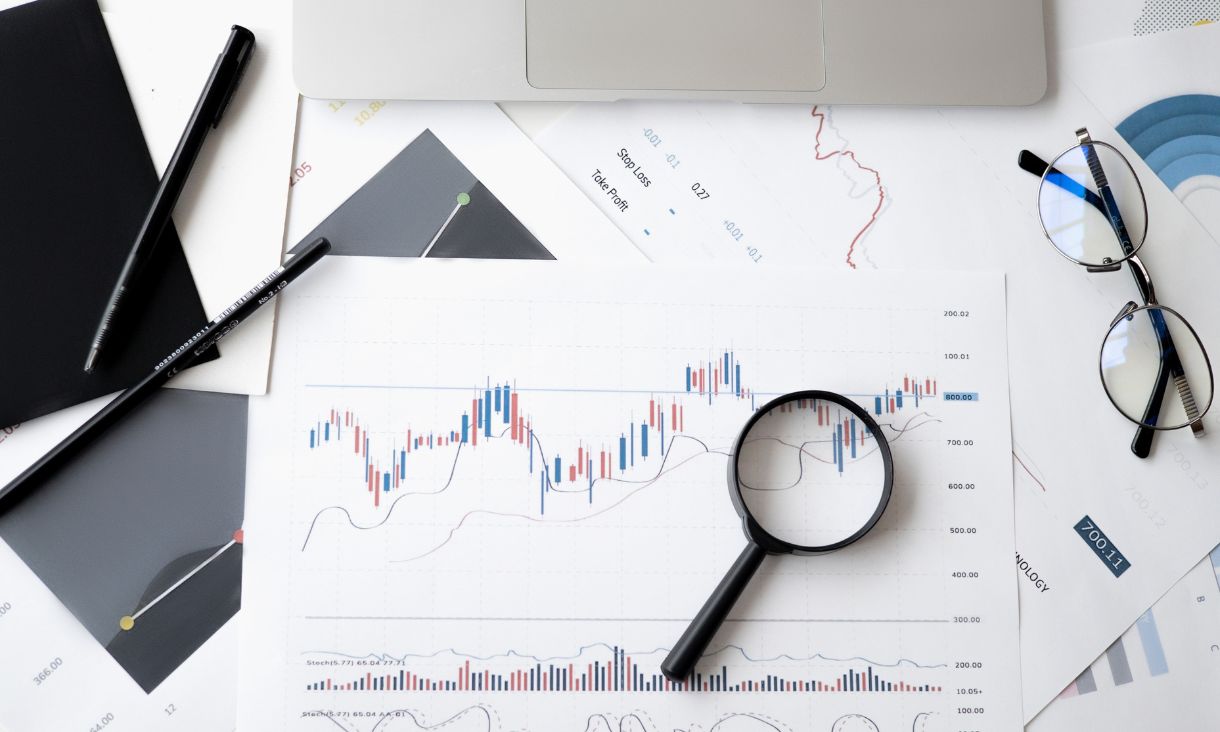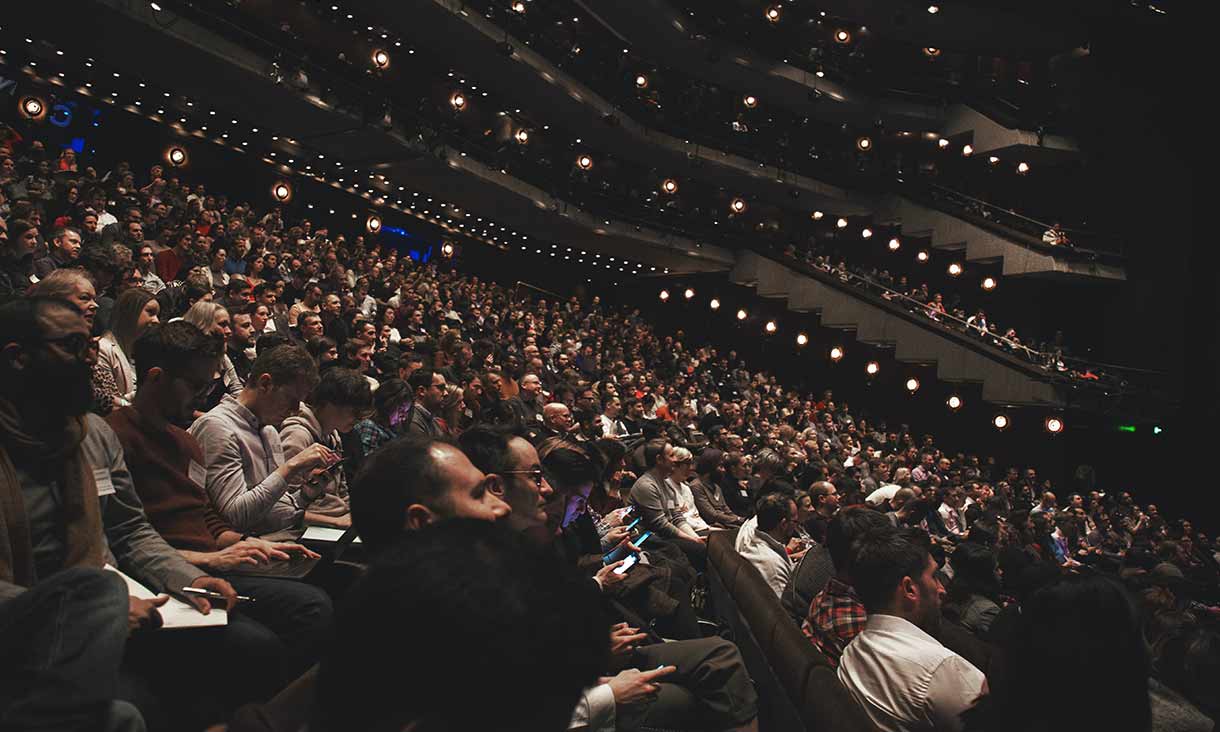How does your work link in with the Sustainable Development Goals (SDGs) and how is your work influenced by them?
Anne-Laure: I view the SDGs as a useful framework to guide my thinking, particularly in terms of prospective societal impact that can be generated from research. Accordingly, I would argue that my research is influenced by the SDGs by making it more contextualised and focused. When planning for a new research project and during its implementation, I tend to use the SDGs as a lens and regularly ask myself questions like : “how will this project foster sustainable innovation? How will it contribute to building resilient organisations? How will it improve the wellbeing of individuals in ageing societies?”
In my capacity as the inaugural Global Business Innovation Enabling Capability Program (ECP) Director, SDGs have also guided my actions. As sustainability has increasingly taken centre stage in the global consciousness, it has made sense to leverage academic capabilities, together with industry engagement, to develop and nurture initiatives that address how we can live more sustainably.
Examples of such endeavours supported by the GBI ECP include a roundtable on developing an innovative performance measurement and reporting framework for SDGs. This led to further externally supported initiatives to develop an ’assessment of SDG disclosure within the top 150 Australian public listed companies’, through the UN Global Compact Network Australia. It also resulted in a project on ‘The role of accounting and accountants in SDG governance in Australian firms’, under the umbrella of CPA Australia - Global Perspectives Programme in 2020.
Launched in the midst of the COVID-19 crisis in 2020, the ReStart Initiative have provided many insights into how the ECPs can operate at scale in a cohesive manner to meet large challenges and opportunities. There is still much work to do to navigate ways of being, living and working ‘with’ COVID now that we understand the notion of ‘post-COVID’ remains elusive. There are questions of how we facilitate interdisciplinary collaborations to generate a betternormal and change many of the trajectories we were on prior to 2020. How can we build back, but build back better, is the real question. Embedding the SDGs into the ECP landscape is certainly one of the ways forward.
What was your own turning point in connecting your work to the SDGs agenda and what has changed in your own work as a result?
Anne-Laure: Almost a decade ago, I had the opportunity to participate to a convention organised by the Danish-European Presidency where research agendas with large-scale international cooperation were discussed against key societal challenges, captured at the time through the Millennium Development Goals.
Being involved in those early discussions, certainly lifted my awareness and interest for impact-oriented research agendas. Since then, I have increasingly designed and led research projects that have intended societal impact – whether it is about increasing the wellbeing of individuals or the competitiveness and resilience of organisations.
What are the benefits of using SDGs in your work?
Anne-Laure: In my view, the SDGs represent a high-level formalisation of expected research impact and as such, they can act both as a holistic framework to define research agendas as well as an instrument to track the societal benefits from research outputs. Their level of granularity and accessible language is suitable to accommodate early-stage exploratory conversations with multiple stakeholders, as well as to serve as a guide to define measures of expected impact from research endeavours.
What does SDGs mean for universities?
Anne-Laure: The uptake of the SDG agenda has been differentiated across regions and is certainly very much influenced by external factors such as national and international research funding landscapes and schemes, the relative importance of “mission-oriented” innovation policies, university rankings, as well as mapping and matching research to SGD initiatives by large publishing houses.
Globally, universities are increasingly encouraged to deliver on their third mission (i.e. industry cooperation and engagement). Their purpose and mission are also to analyse and reinvent the world through education, research and civic engagement. In this context, SDGs can act as a catalyst for change by empowering individual and collective action, as well as offer a useful communication tool with internal and external stakeholders. Proactively engaging with, beyond being merely influenced by, the sustainability agenda should be inherent to universities’ strategies and actions in the pursuit of shaping a better world.
What does the SDGs mean for RMIT?
Anne-Laure: The intent of the SDG agenda resonates well with RMIT’s ethos of being an applied university, globally connected and impact-focused, and is strategically aligned with its motto, “perita manus, mens exculta”.
By pioneering the development of impact-focused research ecosystems, RMIT is demonstrating its intrinsic and strong commitment to the underlying SDG philosophy of making the world a better, more inclusive and sustainable place.
It is absolutely fantastic to see external recognition of RMIT’s endeavours in this direction through the THE Impact Ranking, for example. It is also intellectually stimulating and personally rewarding to be part of this journey and to advocate nationally and globally the importance of conceptual alignment to the SGDs as a common language within and across borders.





